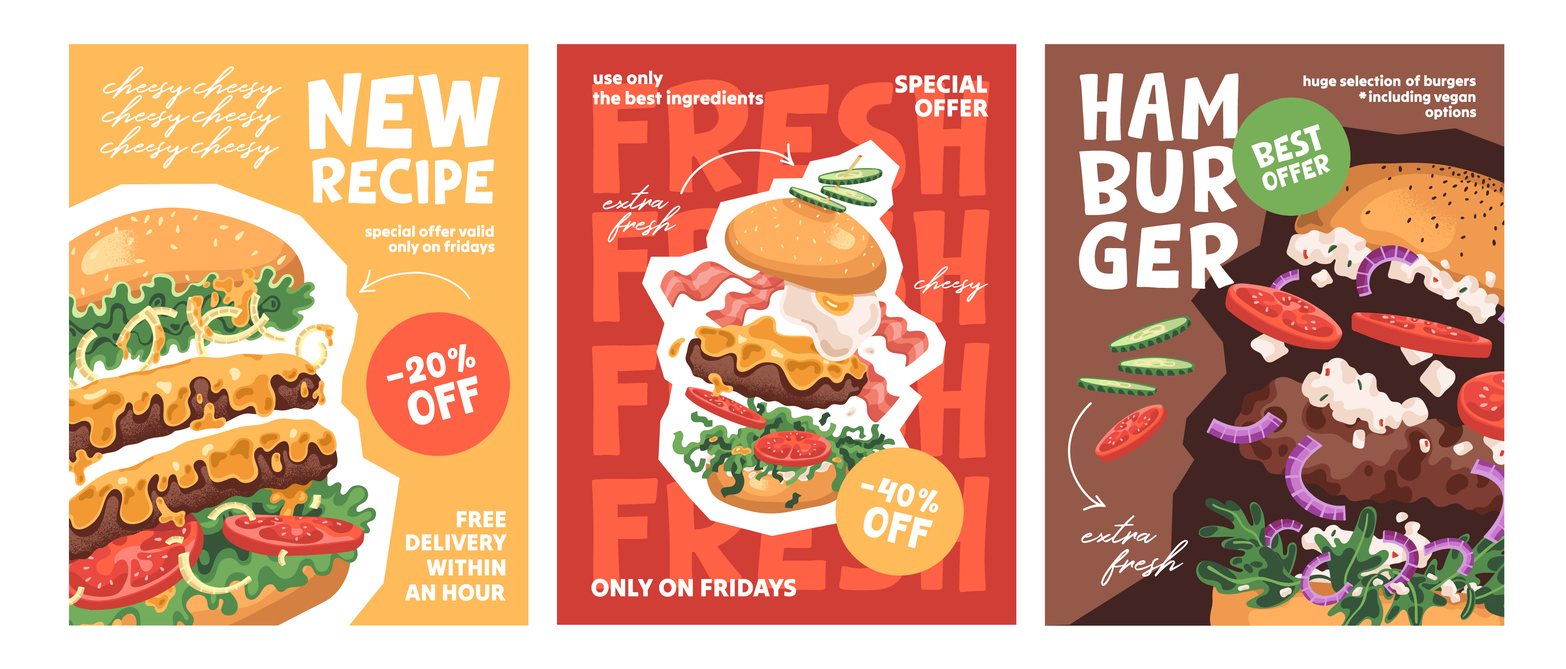The food business is an exciting field but one that is also extremely competitive. It is challenging for small start-ups to attempt to compete in crowded markets.
Though product quality is critical, it is branding that usually defines long-term achievement. A strong brand helps build confidence, get noticed and earn repeat business.
Branding impacts every aspect of your food business, from logos and packaging to storytelling and customer experience.
This blog offers helpful, do-it-now branding advice for small food start-ups who want to grow wisely and well.
Know Your Brand’s Base
Every brand has a purpose. Small food start-ups need to define their mission.
Whether you care about sustainability, taste, health, community, your values reflect everything you do.
Build Your Brand Personality
Are you fun and individual? Or minimalist and clean? Your message is a reflection of your personality.
Apply it to tone, to design and to your conversation with customers. This emotional layer is what makes brands more relatable and easy to remember.
Design for First Impression
A certain style creates recognition. Opt for a minimalist logo, readable font, and brand colour scheme.
Keep it consistent between menus, signage, social posts and website design.
Visual Branding on Menu and Signage
Signage and menus are the first thing where customers notice your branding.
With a consistent layout, readable fonts and attractive colours the identity is reinforced while the brand leaves a professional impression.
Well-designed imagery can increase the customer’s expectations from your food and service.
Emphasize on Packaging And Presentation
And great food deserve great presentation. Gorgeous packaging makes your start up look premium.
It is a gesture to customers that you care for them, before they even taste a bite.
Pick colours that match with your branding and also resonate with your audience. For brands that are earth-conscious, select earth tones.
For children, or for family-style meals, use vibrant, playful palettes.
Thoughtful Food Packaging Details
It is slight details that make the difference in packaging. Custom stickers, environmentally friendly wraps, branded napkins and attractive food container help to provide the customer with a high quality experience.
Attractive, functional packaging makes your product feel special, increases perceived value, and also encourages customer loyalty.
For example, for pizza businesses, printed pizza boxes are the most effective way to display your brand’s identity.
And if you are finding reliable and high-quality options for these boxes, consider partnering with Plus Printers.
Make Your Message Clear
Your tagline is your brand message summarized in a few words. Think clear, compelling and consistent.
Taglines must reinforce your mission and be consistent with your brand’s voice.
Focus on Clarity
Don't use any industry terms or generic descriptions. In seconds, customers need to know what you are offering.
Clear messaging, whether it is “plant-based street food” or “wood-fired pizza”.
Tell a Simple Story
Stories sell. Tell the audience why you started or what inspired your recipes. Keep it short but meaningful. Leverage your story on your website, social pages, or packaging inserts.
You should also use printed carrier bags. So, when your customers leave your store with a meal in these bags, it's an additional opportunity for organic promotion.
Connect Through Customer Experience
Try to build a cohesive brand experience from the time the order is made until the product is in their hands.
Maintain a consistent tone whether by email, phone or in person. Consistency creates confidence, and in food businesses, trust is everything.
Add Individual Elements
Include handwritten thank-you notes or tailored messages in your boxes. Add a discount code for repeat customers, or put a QR code on it that connects readers to your menu story.
Train Staff as Brand Ambassadors
Your employees are your brand every day. Get them to use the same language and passion.
Friendly, informed staff raises loyalty to a brand as much as branding does.
Grow with Community and Content
Leverage platforms your audience already loves, like Instagram, TikTok or Facebook.
Add high-resolution images, a recipe tip, a behind the scenes shot. Maintain a consistent visual and audio style.
Do not just sell, start conversations. Request feedback, conduct polls or feature customer images. This builds loyalty and influences future choices.
Partner with Local Businesses
Collaboration unlocks new avenues. You can also team up with coffee shops or bakeries or events in your area. Do bundle deals, pop-up storefronts, or cross-promotions.
Use Content to Educate
Tell people what is different about your product. Discussing ingredients, the origins of dishes or the ways in which food is made. This creates trust, and shows that your startup is open and informed.
Begin a modest blog or video series to share insights. Content that is educational increase engagement and ranking of your brand.
Adapt and Keep Improving
Take analysis from sales data, email campaigns and social media. Notice on what customers are responding to and increase the content that is performing well.
Test your different packaging or promotions. Get some criticism and see if you can improve it.
Stay Open to Feedback
Ask genuine customer reviews, both good and bad. Be open minded, listen and use suggestions to grow. Feedback is not failure, it is fuel for refinement.
Innovate, but Stay Authentic
Trends change, and it is okay to grow. But continue to stand for your mission and values. If it does not serve your brand, do not follow every trend.
Conclusion: The lasting of a brand
Brands are not logos or taglines. It is the essence of your food start-up’s identity. It affects how people observe you, trust you and refer to you.
And even if the big chains have deep marketing pockets, small start-ups have flexibility, authenticity and storytelling on their side.
From clear messaging to creative packaging, every little detail helps craft the brand experience.
When branding is done right, it becomes an emotional connection, a statement of value, a habit of return.
So, you need to concentrate on your value. Stay true to your customers and bring it to life through design and experience. That is how a small food start up turns into an unforgettable one.














